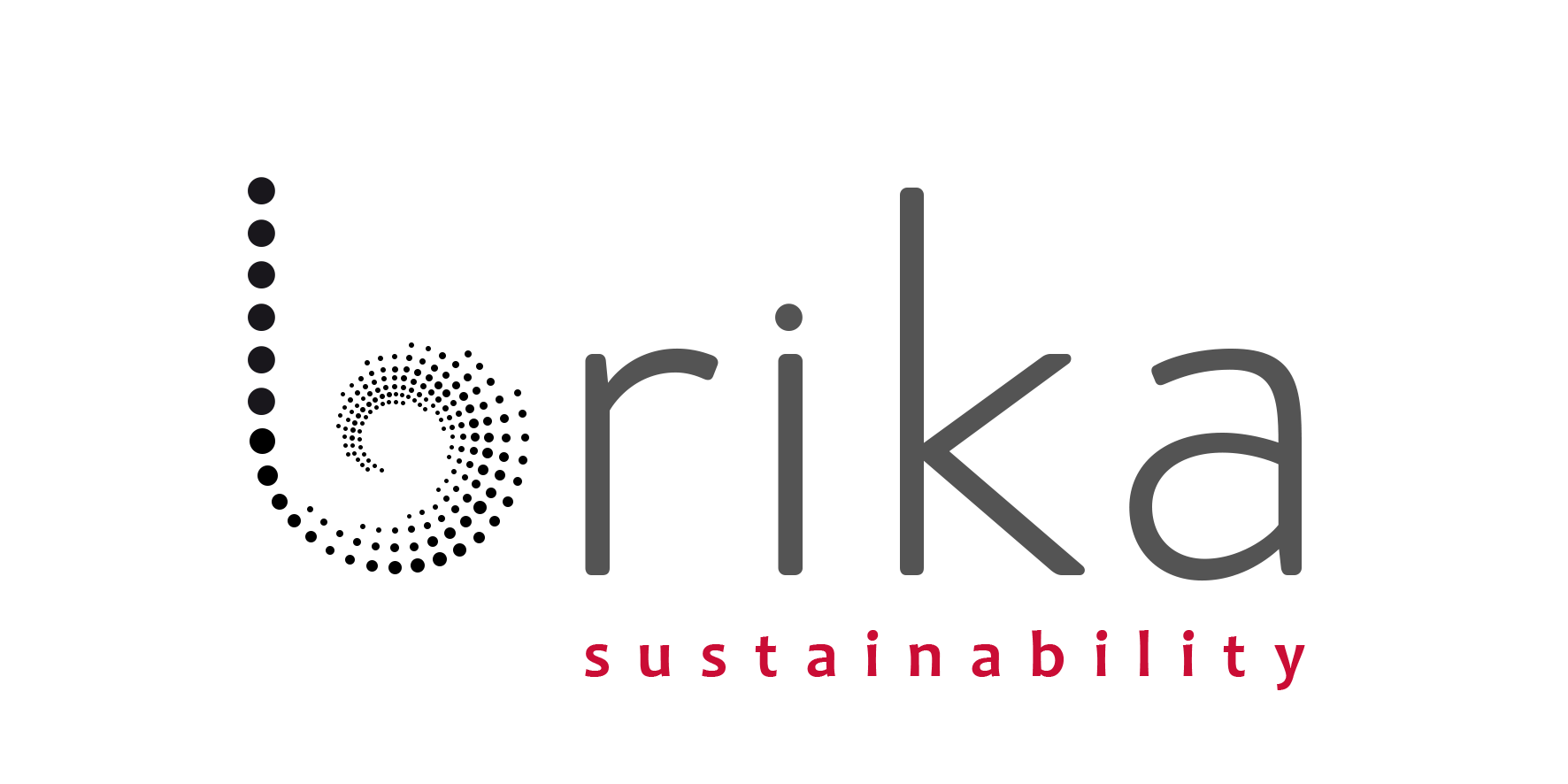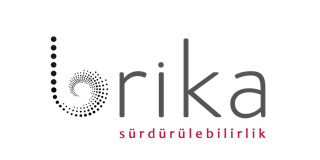Leverage Points in Turkish Economy
Last week as I was preparing a speech on Turkish economy, I was reviewing the facts for ‘Turkish macroeconomic story’. Suddenly I realized that I was putting way too much effort into making my version of the story flow. With the conventional way of looking into Turkey’s investment case, I should have listed the risks (upside and downside) related to inflation vs. monetary policy, current account vs. reform package, growth vs. global outlook; but somehow Turkish story within that framework got so dull, repetitive, and simply ‘not inspirational’.
This moment of truth suddenly reminded me an article that I read a few months ago: ‘Leverage Points: Places to Intervene in a System’(1) by D. Meadows written in 1999 after a meeting on the new global trade system. It basically describes impactful places to intervene (leverage points) in a system of any kind from most effective to least effective.
So, rather than telling the audience upside and downside risks of the Turkish economy, I have decided to list the leverage points in the Turkish economy; i.e. points, which can most (or least) impactfully change the course of Turkish economy.
Here is my list of leverage points in the Turkish economy from the most effective to the least:
8. Numbers: How Powerful Is the Monetary Policy?
Numbers are last on Meadow’s list of leverage points because she thinks numbers are diddling with details, arranging the deck chairs on the Titanic. She writes that ‘…probably ninety-five percent of our attention goes to numbers, but there’s not a lot of power in them…’. For example Fed’s fiddling with the interest does not make the business cycles go away. As she says numbers can be important in the short-term to the individual who’s standing directly in the flow; but they rarely change behavior. The common kind of critical number is the length of delay in a feedback loop; for example how late the Fed reacts to a change in inflation level.
The first thing that comes to my mind regarding Turkish economy and powerlessness of numbers is the inflation rate and the reaction of the monetary policy. Considering the complexness of the monetary policy (and how much effort we put into understanding it), I often wonder whether monetary policy is worth all the attention it receives. Because looking at the graph below, one thing I see is that both the trough and peak of core inflation have been rising steadily since 2010. Monetary policy reaction does not look sufficient to decrease or even keep the level of inflation steady. Most probably, it does not have an impact on the level of long-term growth rate as well and it will not be sufficient to change the course of Turkish economy; but surely we will keep talking about it.
7. Material Stocks and Flows: It is the Female Labor Participation Rate, Genius!
Here, Meadow talks about the stocks and flows and their physical arrangement (plumbing structure), which can have an enormous effect on how a system operates. Even though some stock-and-flow structures are just plain unchangeable, she finds the possible exceptional leverage point here as the size of stocks, or buffers. She gives the example of baby-boom swell in US pressuring the education and health infrastructure.
How do I relate this to Turkish macroeconomic story? Current picture of Turkish growth rate points out to a potential growth rate of around 4%. Given the cyclical downturn of the global economy, there will be pressures in the next 5-10 years to bring the average growth rate below the potential. Here the exceptional leverage point, which can increase Turkey’s average growth rate as well as the potential one is the female labor participation rate. If this rate is increased from the current 30% levels to 40-50% levels in the next 10 years, it will be like creating a buffer for the Turkish economy for higher growth rates.
6. Feedback Loops: How Prepared/Willing Are the Policy Makers for Controlling Feedback Loops?
According to Meadow, a complex system usually has numerous negative feedback loops it can bring into play, so it can self-correct under different conditions and impacts. Nature evolves negative feedback loops and humans invent them to keep system states within safe bounds. A mechanism that is created to control negative feedback systems in our economic system is regulatory agencies, which control that risks run out of control for a specific sector.
A positive feedback loop, on the other hand, is self-reinforcing. The more it works, the more it gains power to work some more. If not controlled, positive feedback loops drive growth, explosion, erosion, and collapse in systems.
So the leverage in both positive and negative feedback loops in economic systems is in controlling them at the right time with the right amount of intervention. The leverage point here is whether the Turkish economy has the capacity to prevent feedback loops getting out of control.
On the negative feedback front, quality of regulatory agencies becomes critical. Many of the regulatory agencies in Turkish economy were formed or made independent after the 2001 crisis. Maintaining their independence will be a leverage point in Turkish macroeconomic story.
5. Information Flows: How Much do the Economic Policies Improve Opportunity and Inclusion?
According to Meadows, systems malfunction because there is usually a missing feedback. Adding or rerouting information can be a powerful intervention. She believes that the common cause such malfunctions is the tendency on the part of human beings to avoid accountability for their own decisions. That’s why there are so many missing feedback loops—and why this kind of leverage point is so often popular with the masses.
Turkish economy’s capacity to create a leverage point on missing information flows will depend on its capacity to increase opportunity for its citizens as well as increasing tolerance and inclusion within the society. As can be seen in the below graph, Turkey needs clever policies to improve information flows and improve in rankings.
4. The rules of the system: Rule of Law and Separation of Power Determine Rules of the Turkish Economic System
Meadows defines the rules of the system as its scope, boundaries, degrees of freedom. According to her, rules change behavior and power over rules is real power. She says if you want to understand the deepest malfunctions of systems, pay attention to the rules, and to who has power over them.
The leverage point for the Turkish economy regarding the rules of the system is rule of law and how much it is respected. In the near future, pressure on separation of powers is likely to determine concentration of power in rule making in Turkey. So a critical juncture here is likely to be parliament election in spring 2015 and the willingness of the new parliament to change the constitution.
3. The power of self-organization: Peace Process
Meadows believes that the ability to self-organize is the strongest form of system resilience, the ability to survive change by changing. In biological systems that power is called evolution. In human economies it’s called technical advance or social revolution. In order to survive, any system -biological, economic, or social- has to welcome experimentation and raw material of innovation. Leverage point here is encouraging diversity to that the system finds the power to self-organize.
The leverage point here for Turkey and hence the Turkish economy is the peace process and the ability of the society to self-organize itself within a diversified playground. In South-East region of Turkey where 11% of population lives and mostly Kurdish, economy is only 0.4% of total GDP. A peaceful self-organization, which would increase information flow and change the feedback loops in the region, would be resilience increasing factor for the whole country.
2. The goals of the system: Goal Clarification Would Help
There is a hierarchy of goals in systems. Most negative feedback loops have their own goals, but they are small leverage points. The big leverage points are the goals of entire systems.
EU as an economic and political system is an important leverage point for countries, which join; because economic agents know rules, incentives and goals of system before the country goes through the change process.
That is the same reason why Turkish economy got a positive boost from joining the accession talks between 2004-2008. The direction and goals of system were set during the initial periods. Yet, the phasing out of excitement over the EU-joining process is also another reason why it is getting easier to question Turkey’s system goals, especially after the political turmoil in Middle East.
In order to create a leverage point for Turkish economy, Turkey has to anchor itself transparently to its system goals and it would help to the Turkish economy if such goals are not open to interpretation.
1. The mindset or paradigm out of which the system arises: How Much Is Turkey Ready For Climate Change?
Meadows defines paradigms as the sources of systems. From them come goals, information flows, feedbacks, stocks, flows. The shared idea in the minds of society, the great-unstated assumptions constitute that society’s deepest set of beliefs about how the world works. People who manage to intervene in systems at the level of paradigm hit a leverage point that totally transforms systems. Once we are talking about paradigm or mindset change, we should be ready to question about the way we perceive things.
One of the mindset change examples that I have read recently (and concerns Turkey) is linking the developments in Middle East (especially in Syria) to shortage of food and severe drought since 2008 in the region. Within this paradigm, 1.5million refuges to Turkey moved not only as a result of political turmoil, but also due to social unrest and chaos created by severe change in climate conditions.
Within this paradigm, such a climate change will be effective over the whole Mediterrian region in the next 10-20 years, changing all the numbers, stocks and materials, feedback loops, information flows, and maybe even system goals etc. With this mindset, climate change and policy readiness should be an important leverage point for the future Turkish economy.
Summary
Leverage points (things which can have an impact) on Turkish economy:
Numbers
Monetary policy is not powerful enough to change the course of Turkish economy (and probably it should not be on its own)…
Materials and stocks
But policies on increasing the female labor participation rate are…
Feedback Loops
Independency of regulatory agencies and economic institutions are critical in controlling feedback loops
Information Flows
Opening up the barriers on information flows would increase opportunity and Inclusion; hence productivity in Turkish economy
The rules of the system
Rule of Law and how it is implemented is a critical leverage point following the Parliamentary elections in 2015
The power of self-organization
Peace Process would be an affirmation on Turkey’s social and economic resilience
The goals of the system
Question marks over system goals decreases confidence and transparency
The mindset or paradigm out of which the system arises
Mindset change regarding climate change can change priority and urgency of certain economic policies
(1) http://www.donellameadows.org/archives/leverage-points-places-to-intervene-in-a-system/








